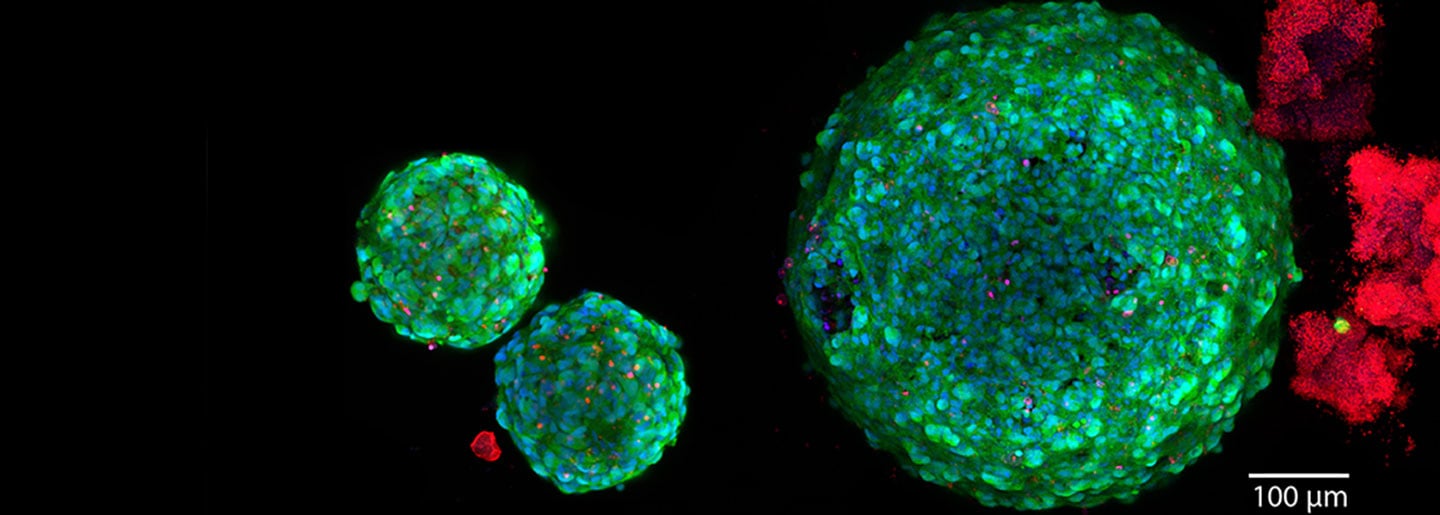
Revolutionizing Melanoma Treatment: FDA Approval for TILs Therapy Marks a Turning Point
Lifileucel, the first-of-its-kind cellular immunotherapy, gained FDA approval in February, offering a ray of hope for patients with treatment-resistant metastatic melanoma. This tumor-infiltrating lymphocyte (TIL) therapy involves a one-time T-cell infusion, utilizing the patient's own immune cells to combat the cancer. Notably, it marks the first FDA approval of a cell therapy for solid tumors, specifically for those who have previously undergone PD-1 antibody-based, BRAF inhibitor, or MEK inhibitor treatments.
Skin cancer, particularly melanoma, poses a significant health threat, leading to the highest cancer-related mortality rates in women ages 25-30. While PD-1 antibody-based treatments have shown initial efficacy, a substantial portion of patients with advanced melanoma faces short-lived responses. This recent FDA approval of Lifileucel TIL therapy presents a groundbreaking advancement in the realm of solid tumor cancer treatment.
PD-1 antibody-based therapies, while revolutionary, often fall short in providing prolonged benefits, leaving a considerable clinical gap. Dr. Amod Sarnaik, a surgical oncologist at Moffitt, underscores the pressing need for effective fallback options for patients whose melanoma worsens despite initial treatments

TIL Therapy Mechanism: TIL therapy capitalizes on the immune system's capacity to identify and attack cancer cells. Surgically removed melanoma tumors undergo a meticulous process in a manufacturing facility, where tumor-infiltrating lymphocytes are extracted, multiplied to billions, and subsequently infused back into the patient. The procedure, taking about a month and a half, aims to strengthen the immune response against cancer cells.
Lifileucel Trial Data and Advantages: Results from a phase 2 clinical trial led by Dr. Sarnaik reveal lifileucel's remarkable objective response rate of 31% in heavily pre-treated metastatic melanoma patients. Even more promising is the durability of responses, with over 41% of patients still exhibiting positive outcomes 18 months post-TIL infusion.
As a leading institution in cellular immunotherapy, Moffitt played a pivotal role in developing TILs and the path to FDA approval for lifileucel. With a history of over two decades in TIL therapy research, Moffitt is already looking beyond melanoma. Ongoing clinical trials explore the application of TIL therapy in lung cancer, head and neck cancer, cervical cancer, sarcoma, colorectal cancer, uveal and mucosal melanoma, and early-stage bladder cancer.
The FDA approval of Lifileucel represents a turning point in the treatment landscape for metastatic melanoma. Moffitt's commitment to advancing TIL therapy not only ensures immediate benefits for patients but also lays the groundwork for future breakthroughs in treating various solid tumor cancers. As we celebrate this milestone, Moffitt remains at the forefront of research, dedicated to pushing the boundaries of T-cell therapy and transforming the outlook for patients with advanced cancers.
If you would like to refer a patient to Moffitt's Cutaneous Oncology Program, complete our online form or contact a physician liaison for assistance. As part of our efforts to shorten referral times as much as possible, online referrals are typically responded to within 24 - 48 hours.
2024 Cell Coast Conference
October 25-27, 2024 - St. Pete Beach, FL
Join us for an exclusive summit featuring updates and breakthroughs in research and treatment in the cell therapies space from global thought leaders.
Event Details

